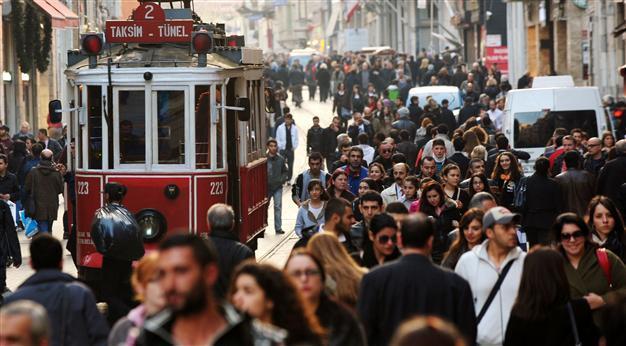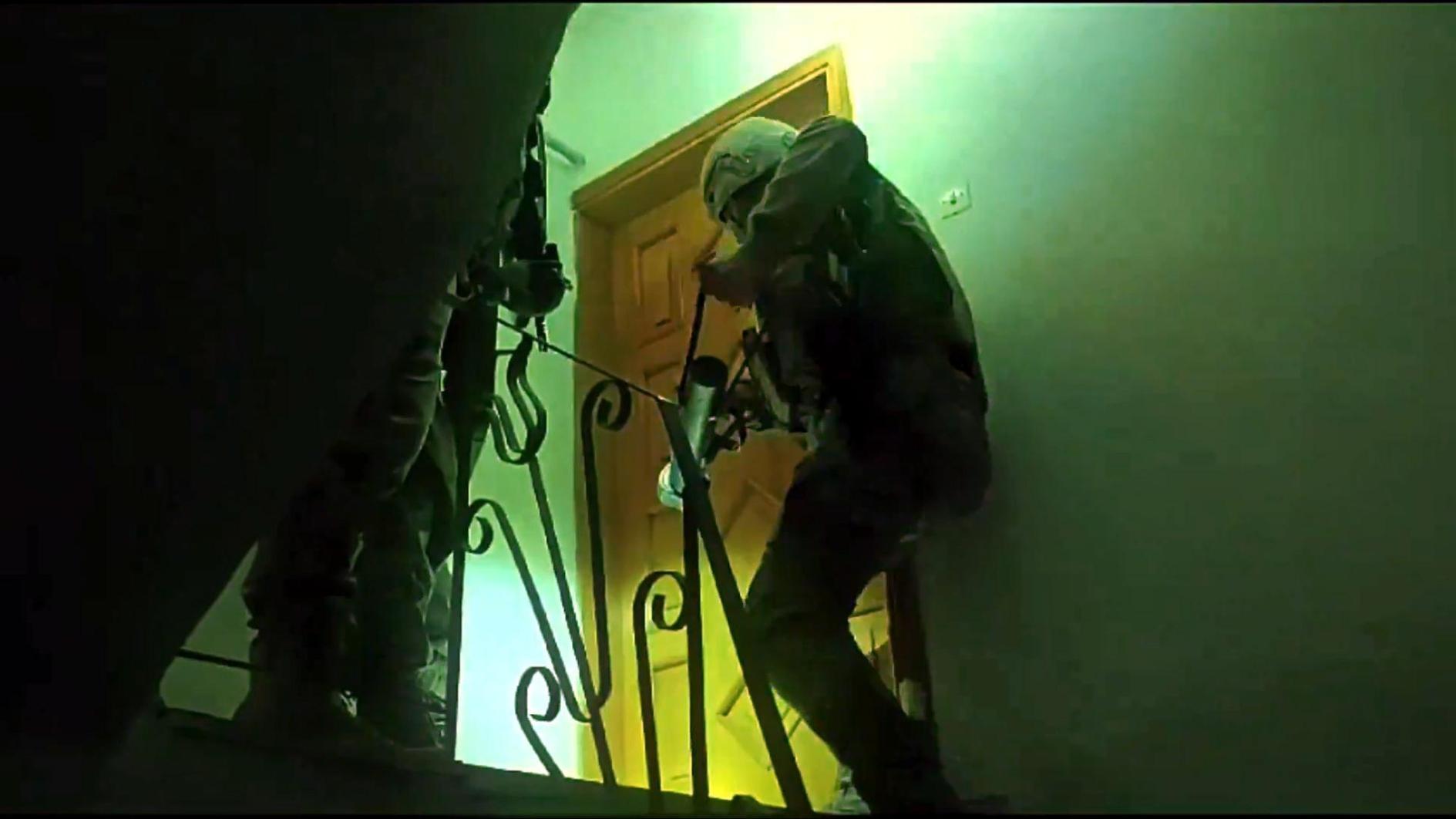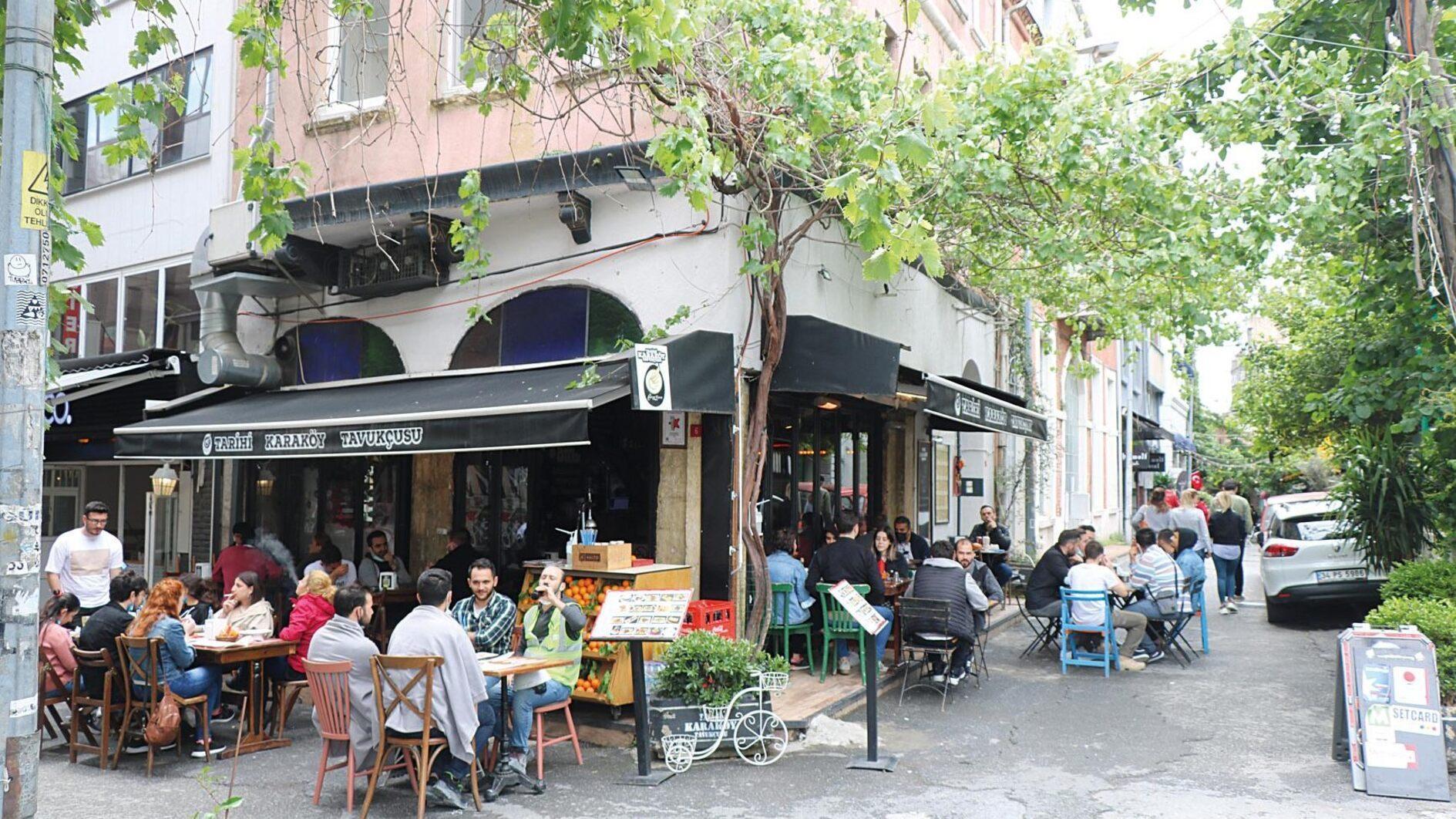Turks’ corruption concerns double in last seven years: Report
ISTANBUL

Turks who believe that corrupt leaders are a substantial problem in the country have almost doubled since 2007, according to a recent survey by the PEW Research Center. DAILY NEWS Photo
Turks who believe that corrupt leaders are a substantial problem in the country have almost doubled since 2007, according to a recent survey by the PEW Research Center.The survey revealed that the percentage of Turks who believe that corrupt leaders were a “very big problem” in their country has almost doubled from 37 percent in 2007 to 62 percent in 2014.
Turkey was shaken by two graft probes on Dec. 17 and Dec. 25, 2013, against more than 100 suspects, including former ministers’ sons, the former manager of Halkbank, a controversial Iranian-Azeri businessman and a construction tycoon, on accusations of bribery and the provision of illegal permits on building projects. While the Dec. 25 dossier was dismissed in May, the bigger of the two dossiers from Dec. 17 was dismissed in October.
“In Turkey, another country recently racked by corruption scandals, concern has jumped 25 percentage points since 2007,” read a part of the report released on Nov. 6.
Some 68 percent of the Turkish population believes that crime is the most important problem in the country, while electricity shortages came in last with 46 percent.
Crime was followed by corruption at 62 percent, food safety at 57, water pollution at 55, poor schools and air pollution at 53, healthcare and traffic at 50 and electricity shortages at 46 percent.
The survey was conducted by the Pew Research Center in 34 emerging and developing countries among 38,620 respondents from March 17 to June 5. The participants were chosen on a multi-stage cluster sample stratified by region, urbanity and settlement size.
Support for the Turkish military has decreased 30 points in the past seven years. While support for the military was at 85 percent in 2007, this decreased to 55 percent in 2014.
“For instance, in Turkey, where President [Recep Tayyip] Erdoğan has made weakening the influence of the military on civilian government a top priority, support for the armed forces has sharply declined in the last seven years,” said the report.
Another topic that plummeted since the last survey conducted by PEW Research Center in 2007 is the belief that religious leaders are a good influence on the country. While 61 percent of the Turks believed religious leaders to be of positive influence in 2007, this percentage had fallen by 24 points to 37 percent in 2014.
The only point where there was a positive increase was the consideration of media as a good tool for the influence on the country. Some 26 percent of the population was positive about the media in 2007, whereas the figure increased slightly to 32 percent in this year’s survey.
Crime tops world list
Meanwhile, a median of 83 percent of the 34 emerging and developing countries chose crime as the most significant problem in their countries, followed by corruption concerns at 76 percent.
“Crime and corruption, common scourges of modern societies, top the list of problems cited by publics in emerging and developing nations. A median of 83 percent of people across 34 emerging and developing economies say crime is a very big problem in their country, and 76 percent say the same about corrupt political leaders,” the report said.
While corruption concerns increased especially in Africa, the same concerns have decreased in Poland, where worries about corruption have plummeted since 2002. Considering corrupt political leaders as a very big problem dropped from 70 percent in 2002 to 46 percent in 2014.
“Taking the median across the 20 countries surveyed in 2007/2008 and 2014, the number of people citing the three issues as a very big problem has jumped from 64 percent to 74 percent for crime, 63 percent to 73 percent for corruption and 38 percent to 51 percent for poor quality schools,” said the report, while noting the growth of poor schooling as a major problem.
A median of 79 percent of all respondents said the military was a good influence on the way things were going in their country, whereas just 18 percent reported the contrary. According to the report, Asians were most supportive of their military.
While media mostly received positive ratings from respondents, only about a quarter disagreed about the positive influence of the media.
The report stated that religious leaders were respected globally, with a median of 69 percent saying they were a good influence while 20 percent said they were a bad influence. African publics are very positive toward leaders of religion, with a median of 86 percent, while Asians and Latin Americans are also “favorably inclined toward” spiritual leaders. The situation changes in the Middle East, where leaders of faith received their lowest ratings.
“Less than half in Tunisia (33 percent), Jordan (34 percent), Turkey (37 percent) and the Palestinian territories (43 percent) see spiritual leaders as a good influence. These figures represent a sharp decline in views of religious leaders since 2007 in the Middle East,” said the report. “But in Argentina, there is a double-digit gain in ratings for religious leaders (+26) since 2007, likely related to the elevation to the papacy of their own Cardinal Jorge Mario Bergoglio, who became Pope Francis just last year.”
















